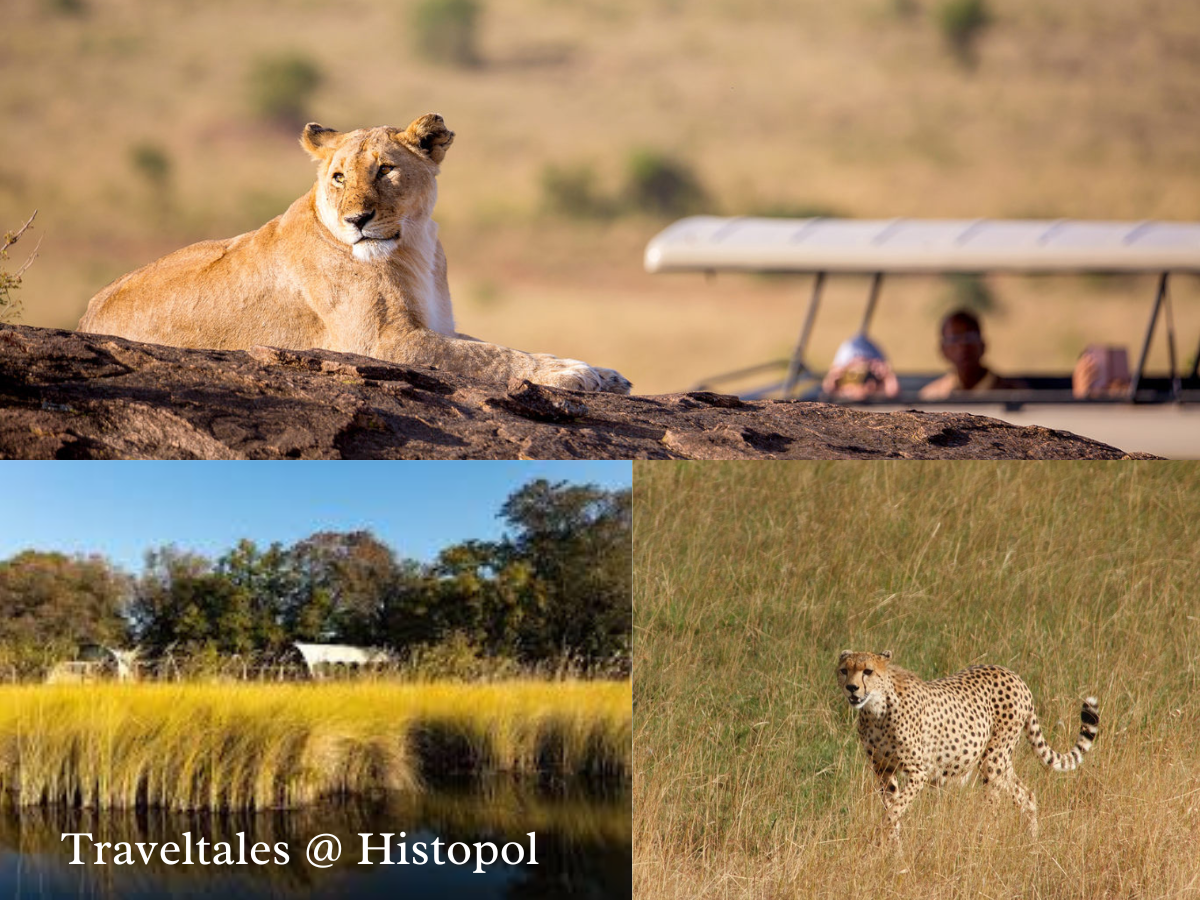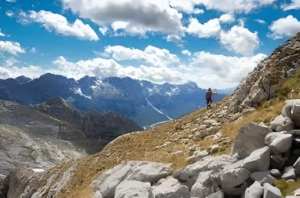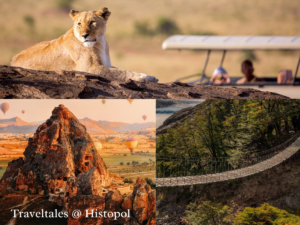Imagine waking up to the sounds of the African wilderness, with the sunrise painting the sky in hues of orange and pink. Planning the perfect safari adventure can turn this dream into a reality. Whether you’re a seasoned traveler or embarking on your first journey, a safari offers an unparalleled experience. However, the key to a successful safari lies in meticulous planning. So, let’s dive into the essential steps to ensure your safari adventure is nothing short of perfect.
Choosing the Right Destination
Africa is home to numerous breathtaking safari destinations, each offering unique experiences. Popular choices include:
- Kenya: Famous for the Great Migration in the Maasai Mara.
- Tanzania: Home to the Serengeti and Ngorongoro Crater.
- South Africa: Known for Kruger National Park and luxurious lodges.
For those looking to venture off the beaten path, consider:
- Botswana: Renowned for the Okavango Delta.
- Namibia: Featuring the striking landscapes of Etosha National Park.
- Uganda: Offering gorilla trekking in Bwindi Impenetrable Forest.
Best Time to Go on Safari
Timing is everything when it comes to safari adventures. Wildlife behavior and weather conditions can vary greatly throughout the year. Here are some seasonal considerations:
- Dry Season (June to October): Ideal for wildlife viewing as animals gather around water sources.
- Wet Season (November to May): Lush landscapes and fewer tourists, but wildlife can be harder to spot.
Understanding wildlife migration patterns can also enhance your safari experience. For example, witnessing the Great Migration in the Serengeti is a sight to behold but requires precise timing.
Types of Safari Experiences
Safaris come in various forms, each offering a unique way to experience the wild:
- Guided Safaris: Perfect for first-timers, with knowledgeable guides enhancing the experience.
- Self-Drive Safaris: Ideal for the adventurous, allowing flexibility and independence.
- Walking Safaris: Offers an intimate encounter with nature and wildlife.
- Balloon Safaris: Provides a bird’s-eye view of the stunning landscapes.
Budgeting for Your Safari
Safaris can be expensive, but with careful planning, you can manage costs effectively. Here are some tips:
- Estimating Costs: Factor in flights, accommodation, park fees, and daily expenses.
- Money-Saving Tips: Travel during the shoulder season, opt for mid-range lodges, and book in advance for better deals.
Booking Your Safari
Choosing a reputable tour operator is crucial for a seamless experience. Look for operators with excellent reviews and comprehensive packages that include accommodation, meals, and guided tours. Ensure your package aligns with your interests, whether it’s wildlife photography, bird watching, or cultural experiences.
Preparing for Your Safari Adventure
Preparation is key to a stress-free safari. Here’s what you need to consider:
- Vaccinations and Health Precautions: Consult your doctor for necessary vaccinations and malaria prevention.
- Packing Essentials: Lightweight clothing, comfortable shoes, a hat, sunscreen, and insect repellent are must-haves.
- Camera Gear and Photography Tips: Bring a good camera with zoom lenses, extra batteries, and memory cards. Learn a few photography basics to capture stunning wildlife shots.
Accommodation Options
Your choice of accommodation can significantly impact your safari experience. Options range from:
- Luxury Lodges: Offer top-notch amenities and exceptional service.
- Tented Camps: Provide a closer connection to nature without compromising comfort.
- Budget-Friendly Options: Include basic campsites and budget lodges for the cost-conscious traveler.
Safety Tips for Safari Travelers
Safety should always be a priority on a safari:
- Wildlife Safety: Always follow the guidelines provided by your guide. Keep a safe distance from animals and never attempt to feed them.
- Personal Safety: Stay vigilant about your belongings and be cautious in unfamiliar surroundings.
Cultural Considerations
Respecting local customs and traditions enriches your safari experience. Engage with local communities respectfully, learn a few phrases in the local language, and be mindful of cultural norms.
What to Expect on a Safari
A typical day on safari involves early morning and late afternoon game drives, when animals are most active. In between, you can relax at your lodge, enjoy meals, and perhaps participate in additional activities like bush walks or cultural visits.
Eco-Friendly Safari Practices
Being an eco-conscious traveler helps preserve the beauty of the wilderness for future generations. Consider these tips:
- Sustainable Travel: Choose eco-friendly lodges, reduce plastic use, and minimize waste.
- Supporting Conservation Efforts: Participate in or donate to conservation programs and initiatives.
Capturing the Safari Experience
Documenting your safari adventure helps keep the memories alive:
- Photography Tips: Use natural light, focus on the eyes of animals, and be patient for the perfect shot.
- Keeping a Safari Journal: Write down your daily experiences, sightings, and feelings to create a lasting memory.
Post-Safari: Reflecting on Your Adventure
After your safari, take time to reflect on your journey. Share your stories and photos with friends and family. Consider creating a photo book or a video montage to relive the memories.
Conclusion
Planning the perfect safari adventure involves careful consideration of various factors, from choosing the right destination to packing the essentials. With proper preparation, you can embark on a journey that offers unforgettable encounters with wildlife and a deeper appreciation for nature. So, start planning your safari today and get ready for an adventure of a lifetime!
FAQs
What is the best time of year to go on a safari?
The dry season (June to October) is generally the best time for wildlife viewing, but it depends on the specific destination and your preferences.
How can I save money on a safari?
Travel during the shoulder season, book in advance, and opt for mid-range lodges to save on costs.
What should I pack for a safari?
Pack lightweight clothing, comfortable shoes, a hat, sunscreen, insect repellent, and camera gear.
Is it safe to go on a safari?
Yes, safaris are generally safe when you follow guidelines provided by your guides and take necessary precautions.
How do I choose the right safari destination?
Consider your interests, such as wildlife viewing, bird watching, or cultural experiences, and research destinations that best match your preferences.



